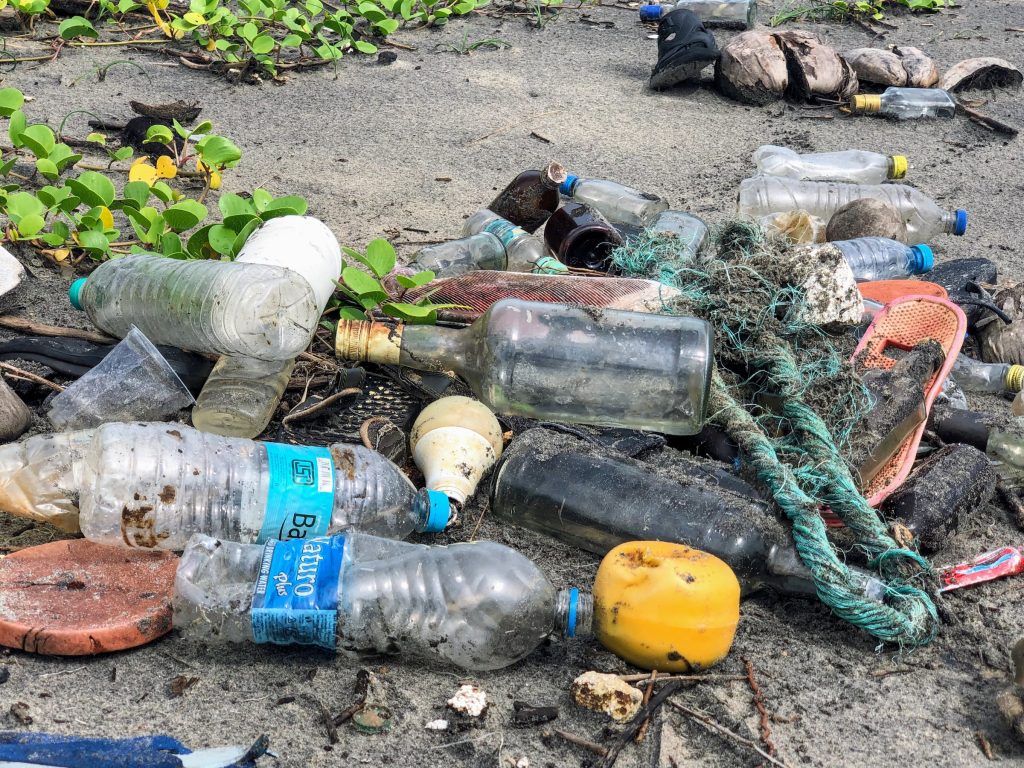
Container Deposit Schemes: A Beacon of Hope for Our Polluted Beaches
Golden sands, rolling waves, and…plastic bottles? This is a stark reality that many beachgoers encounter, with millions of metric tons of plastic finding its way into our oceans. Beach litter, a depressing consequence of our throwaway culture, has risen to alarming levels. However, Queensland’s container deposit scheme, introduced in 2019, offers a glimmer of hope, as recent data suggests.
The Whitsundays region, renowned for its breathtaking beauty and touristic allure, became the epicenter for a study that sought to gauge the impact of the container deposit scheme. And the results? They’re promising.
The Power of Deposits
For every plastic bottle or aluminum can discarded carelessly in the past, there’s now a monetary incentive for its return. Post implementation of the scheme, the results in Whitsundays are evident. Pre-2019, volunteers reported picking up an average of 120 containers per beach visit. A year into the program, this number decreased to 77. This promising trend not only persisted but solidified the effectiveness of such schemes in reducing beach litter.
Yet, not all types of rubbish saw this decline. Litter not covered under the scheme, such as larger glass bottles, persisted. However, as the Queensland program expands its ambit to include these items, optimism grows. Moreover, with the anticipated inauguration of similar schemes in Victoria and Tasmania, there’s potential for a nationwide transformation.
Communities at the Forefront
The heroes in this narrative are the dedicated volunteers of organizations like Eco Barge Clean Seas Inc. Their commitment since 2009 has been instrumental in not just cleaning the beaches, but also in data collection. Their meticulous record-keeping provided the foundation for the research, affirming the success of the container deposit scheme.
Such community-driven endeavors play a pivotal role in bridging the gap between scientific research and ground realities. They offer invaluable insights, paving the way for more informed policy decisions.
Beyond Recycling: A Paradigm Shift
While recycling is touted as the panacea for our environmental woes, the question looms – why are our beaches still drowning in waste? The disheartening fact remains that a substantial portion of plastics isn’t recycled. The challenges are twofold: technological constraints in waste sorting and the lack of compelling incentives for consumers to recycle effectively.
But this is where container deposit schemes stand out. They not only offer financial motivation but also foster an enhanced environmental consciousness among participants. It’s a win-win, with both the environment and its stewards benefiting.
A Global Blueprint
The Queensland model serves as a testament to the potential of well-thought-out waste management strategies. And while Australia sets a precedent, the learnings from this scheme have global relevance. Beach pollution is not an isolated issue; it’s a global challenge demanding collaborative efforts.
In an era where environmental crises dominate headlines, the Queensland container deposit scheme shines as an exemplar. It underscores the importance of community involvement, underscores the power of incentives, and, above all, instills hope. It’s not just about reclaiming the pristine beauty of our beaches, but about fostering a culture where nature is revered and protected. And if the Whitsundays are any indicator, the future looks a little brighter.
©eco-guardians.org